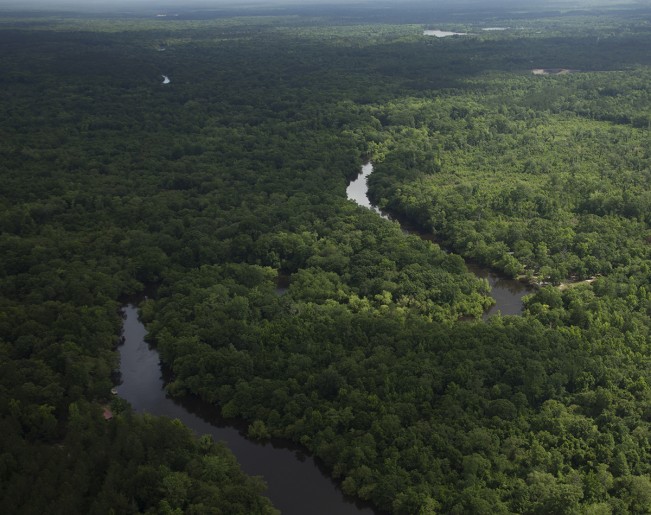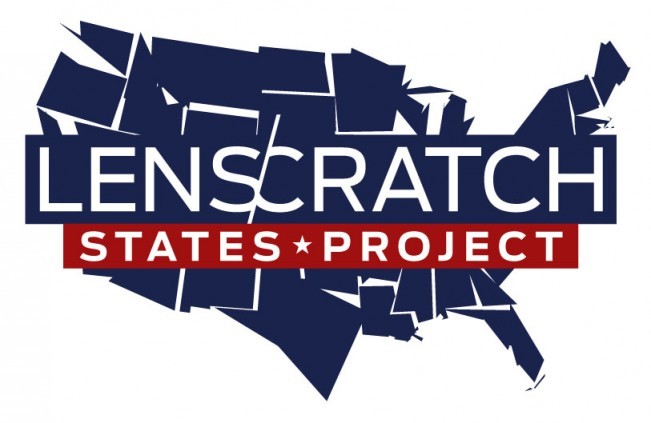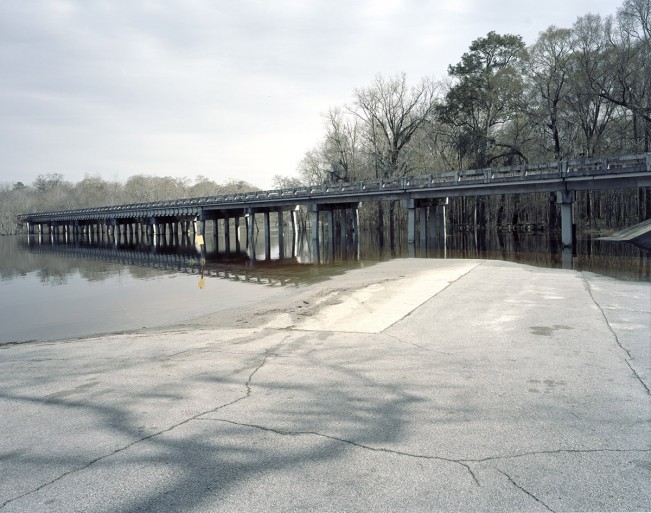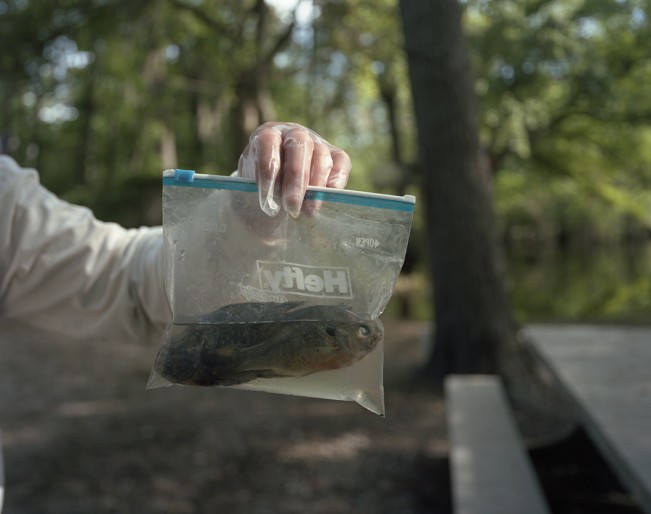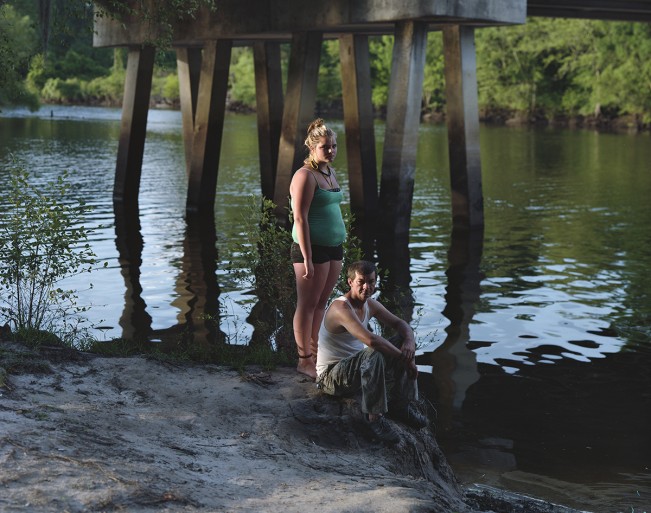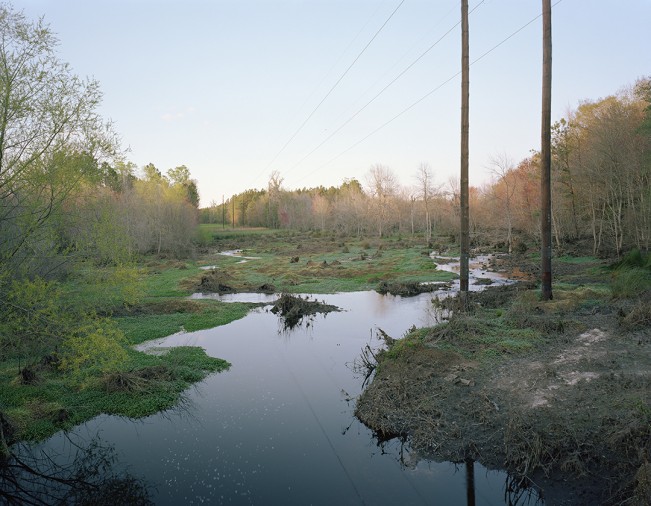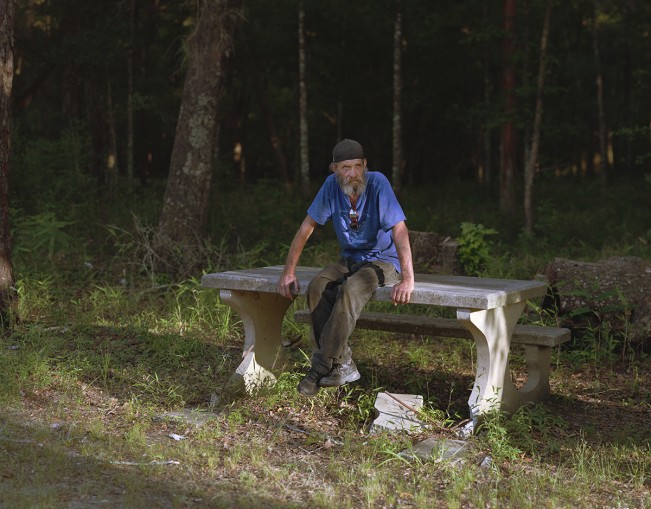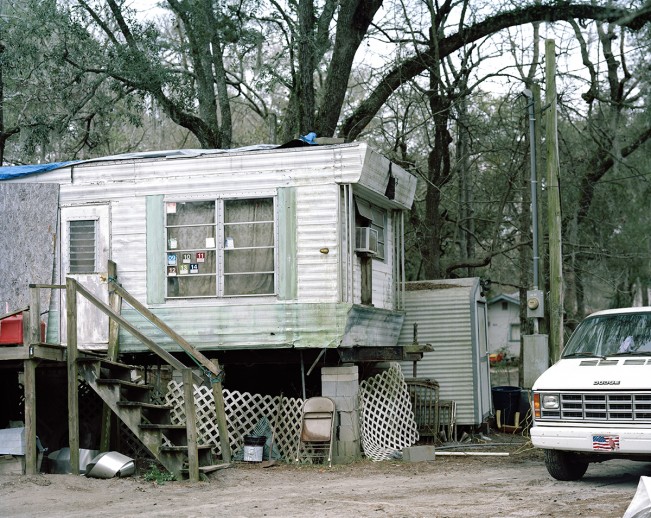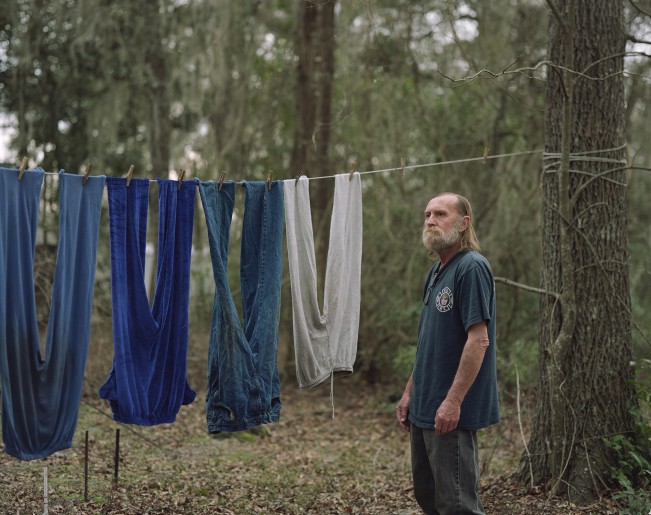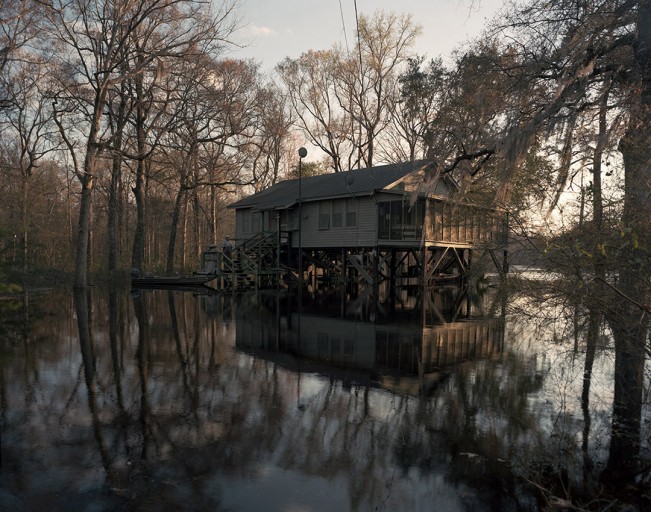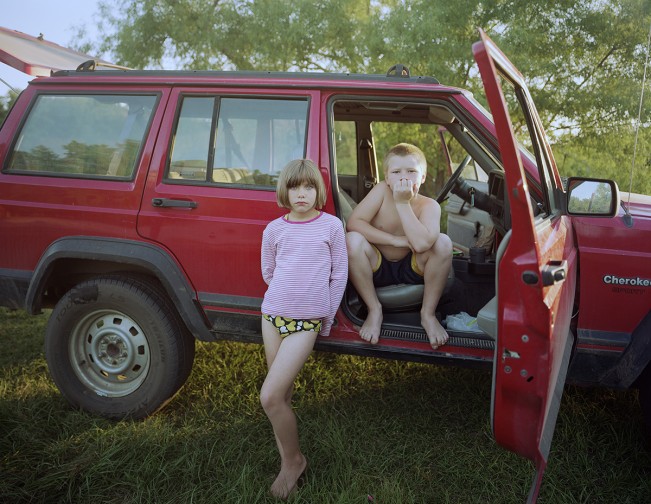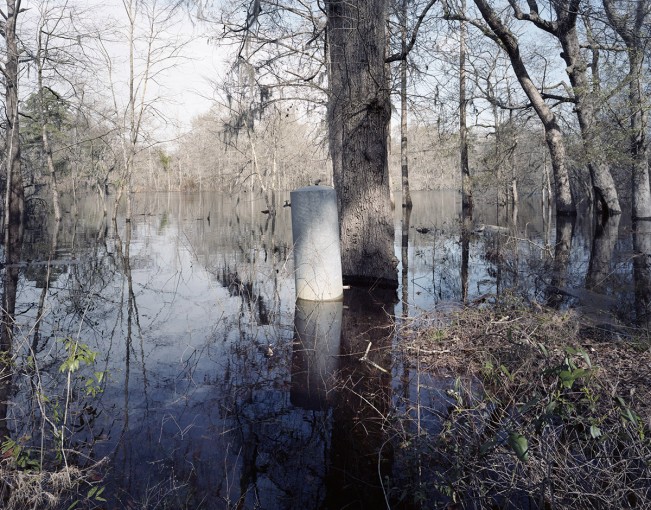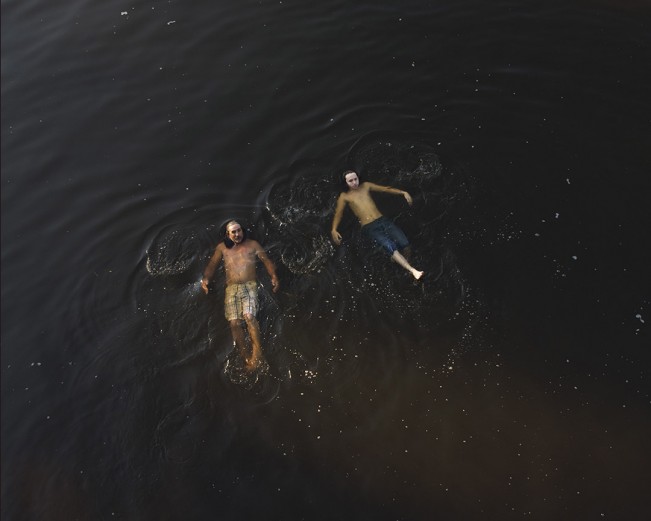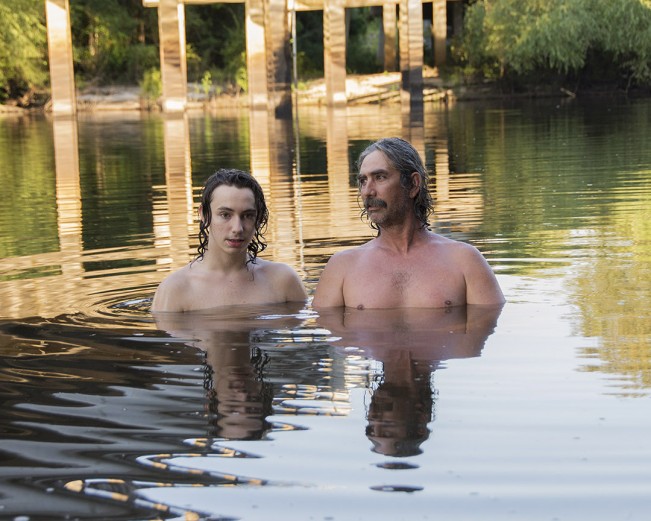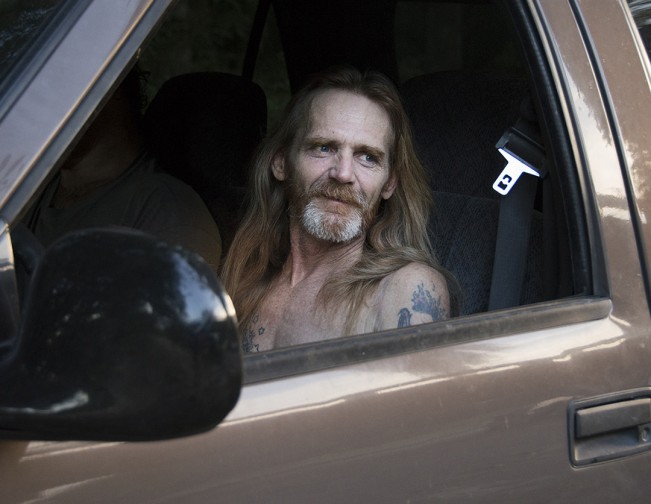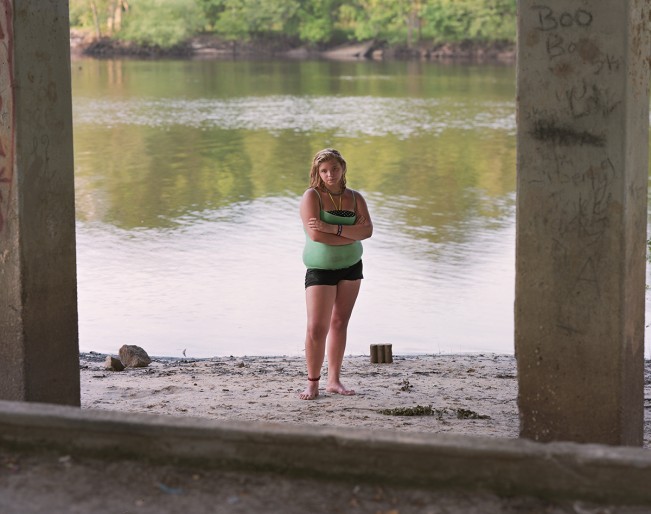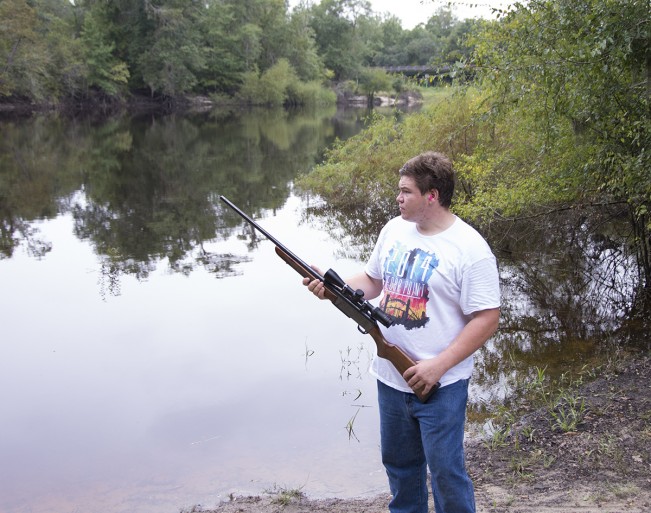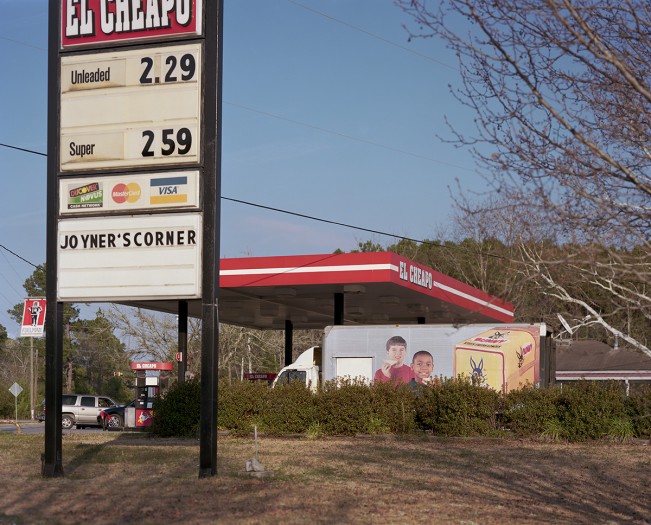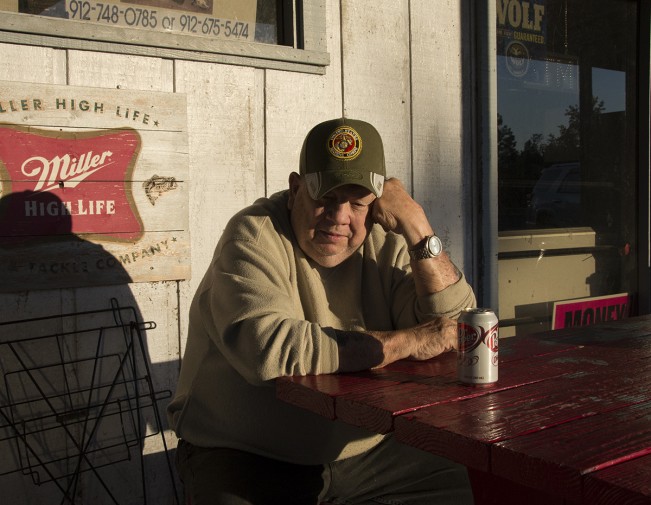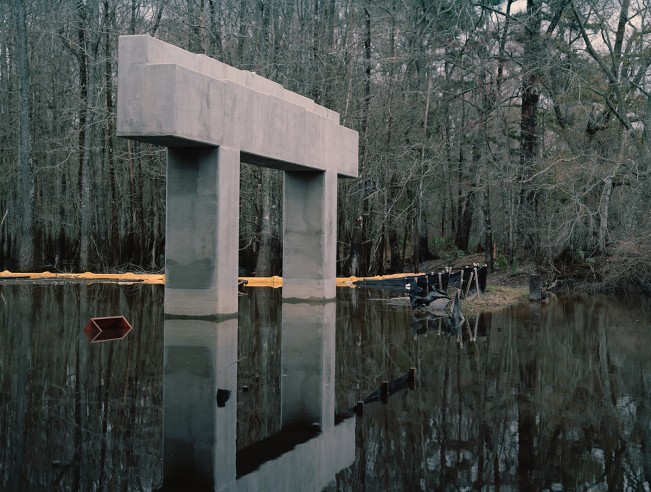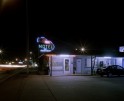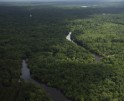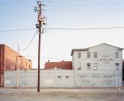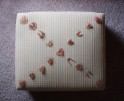Stephen Milner: The States Project: Georgia
Stephen Milner is a photographer based out of Savannah, Georgia. His recent work revolves around the current state of the Ogeechee River that flows through much of Georgia. His landscapes and portraits are both incredibly engaging, and viewers can’t help but fall in love with the southern portion of the state that Stephen has chosen to document. Most people tend to ignore environmental issues such as water pollution because it’s easier to look the other way than to confront the problem. Stephen has done the opposite and has dedicated his work to exposing these issues and allowing people to become more aware of what is happening in this region of the country. Extra love for his decision to shoot this project on 4×5 color film. I have had the honor of processing his negatives for the last few years, and it is always a pleasure to play a small role in the success of his work. This summer Stephen will have his first solo exhibition of the Ogeechee River Project sponsored by the Ogeechee Riverkeeper in Savannah, Georgia.
Stephen Milner (b.1991) is a photographer currently living in Savannah, Georgia. He received his BFA in photography from the Savannah College of Art and Design in 2013, where he was awarded the grand prize PDN Best of College Photography and PDN & Panasonic “Changing Photography” award. His work has been featured in the Oxford American, The Inertia, PDN Magazine, Rangefinder Magazine, Lenscratch, Mullitover, Nikonos Project, Light Leaked, Humble Arts Foundation, TIME Lightbox, Aint-Bad Magazine, Juxtapoz Magazine and Booooooom.
The Ogeechee River
The Ogeechee River is a 294-mile long, black-water river that stretches from Crawfordville, GA, southeast into the Ossabaw Sound on the Atlantic Coast. The river is a 5,540 square-mile basin and along it, hundreds of thousands of Georgians live and work, making it among the most important natural resources in the state.
In May 2011, the largest fish kill in Georgia’s history was recorded, leaving over 40,000 fish dead. King American Finishing, a textile processor in Screven County, was discovered to be discharging a fire retardant into the river for six years without an environmental permit. The thousands of dead fish were only found just below the King Finishing outfall pipe; no dead fish were found upstream from the plant.
The river community is one that’s based on everyday reliance on the river, whether it’s for food, transportation or recreation. Below King American Finishing’s outfall pipe, the river is no longer safe and river communities are being forced to abandon their traditions, while some choose to ignore the potential health risks and continue living along the river regardless of its health hazards.
I initially began photographing the river as a means of documenting the industrial pollution of a natural resource, but because the pollution was no longer visible I was led to explore the dynamics of the social, political and natural environment of one of Georgia’s most important resources. My photographic approach focuses on the unpredictability of the natural world and its effect on the human spirit.
Within the past two years, the Ogeechee River has seen a significant change. After a lengthy legal battle, the Ogeechee Riverkeeper prevailed over King American Finishing in January 2014. Shortly after the settlement, when the weather started to warm, residents began to return to the river for recreation. Though the future of the river and its faithful community seem bright, the lingering fear of pollution and potential health risks still looms.
Posts on Lenscratch may not be reproduced without the permission of the Lenscratch staff and the photographer.
Recommended
-
Rebecca Nolan: The States Project: GeorgiaJune 27th, 2015
-
Stephen Milner: The States Project: GeorgiaJune 26th, 2015
-
Ashley Jones: The States Project: GeorgiaJune 25th, 2015
-
Maury Gortemiller: The States Project: GeorgiaJune 24th, 2015
-
Parker Stewart: The States Project: GeorgiaJune 23rd, 2015

